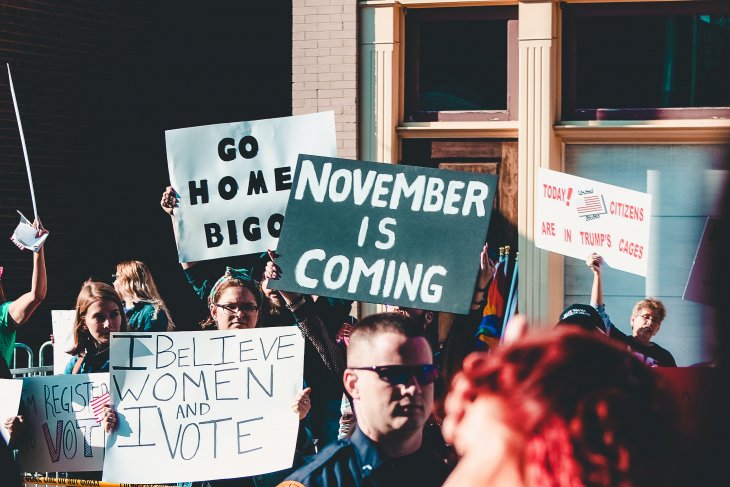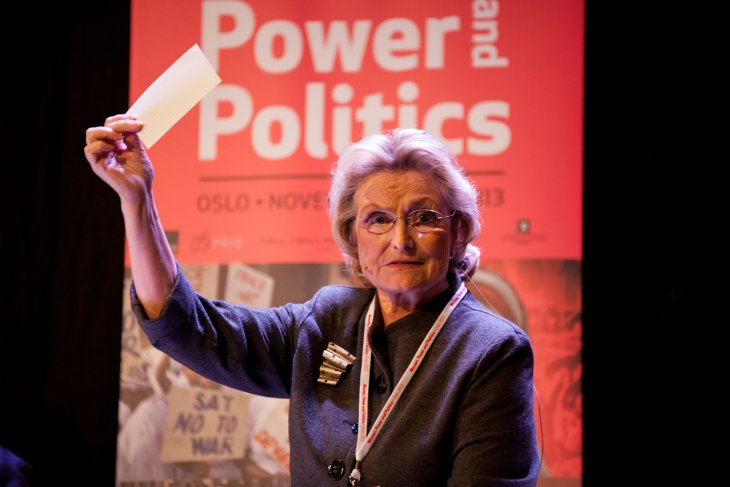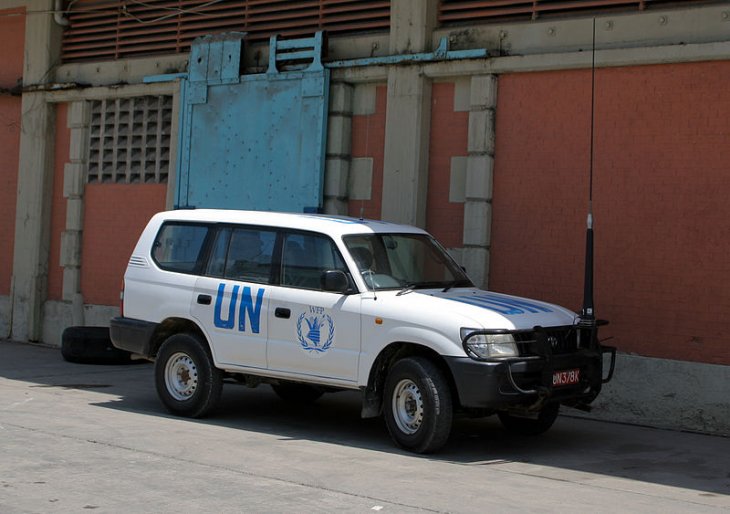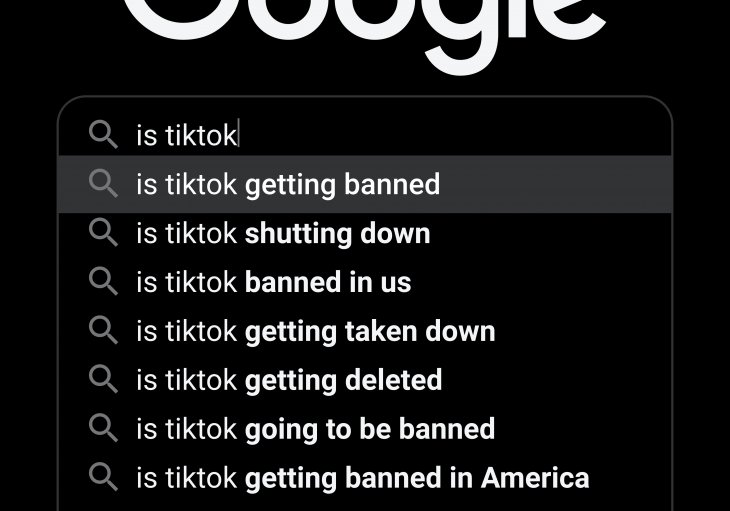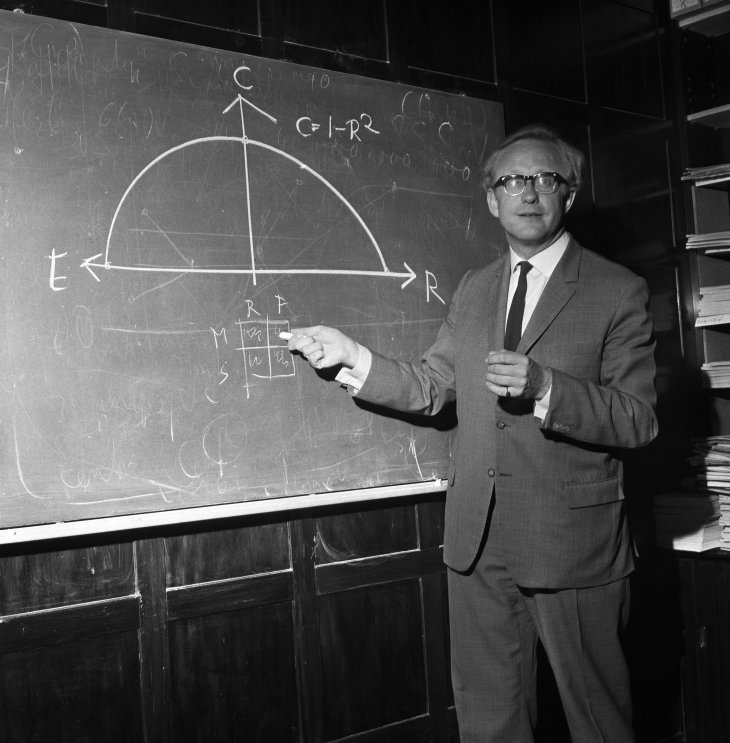In October, North Cyprus experienced a highly contested leadership election after a COVID-imposed delay. This stirred new debates over the realism of a possible federal solution for Cyprus. During his five years in office, Mustafa Akıncı, the left-wing candidate running for re-election, had expressed strong support for federation and had been critical of the Turkish government’s role in the island and the region.
In the election, he was beaten by the main right-wing party’s candidate, Ersin Tatar, who had the backing of the Turkish government and promised to push for other solutions to the Cyprus Problem, including recognition of their state. In this blog post, Mete Hatay at the PRIO Cyprus Centre provides background and analysis of the current developments.

Photo: Özdemir Tokel, by permission
The literature on de facto states usually discusses a “parent state” and a “patron state.” The “parent state” is the one from which the de facto entity has, for whatever reason, broken away.
The “patron state,” on the other hand, is the entity that sometimes facilitates the separation and certainly aids the unrecognized entity once it is on its own, protecting, supporting, and sometimes recognizing it. For example, Russia acts as the patron state or protector for Abkhazia and South Ossetia, while Georgia is their parent state.Read More
